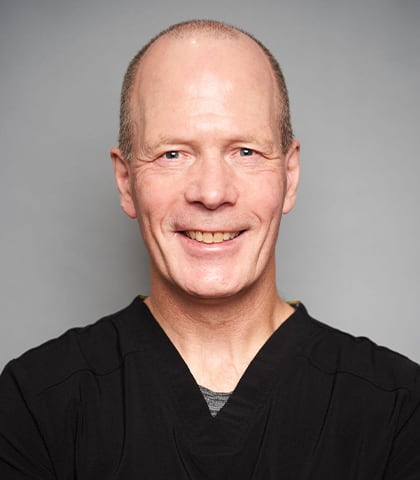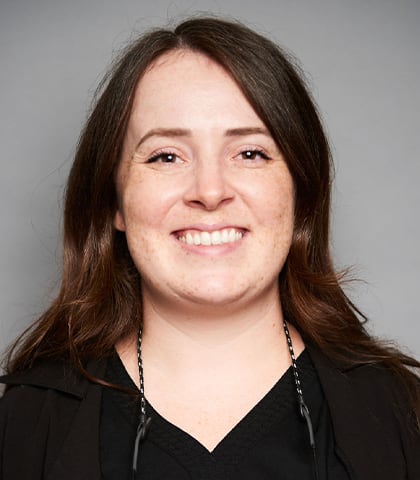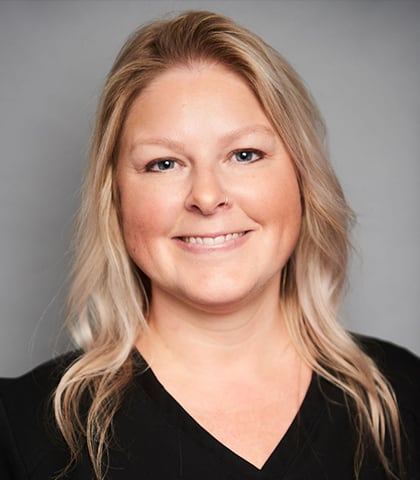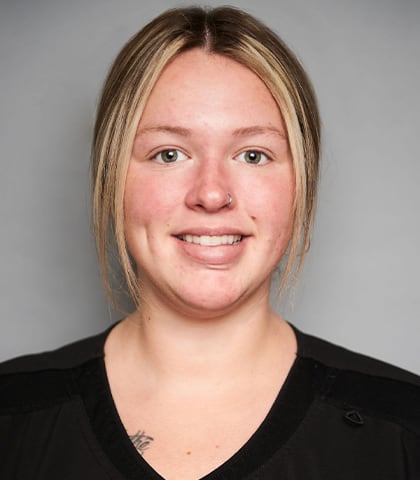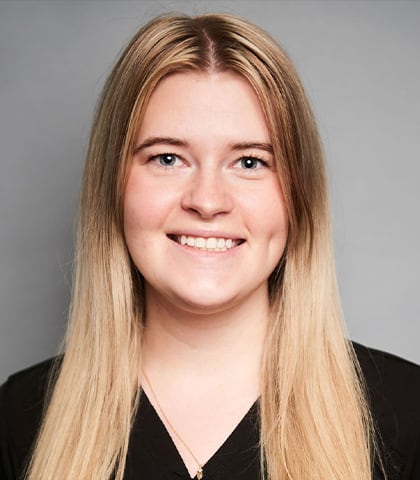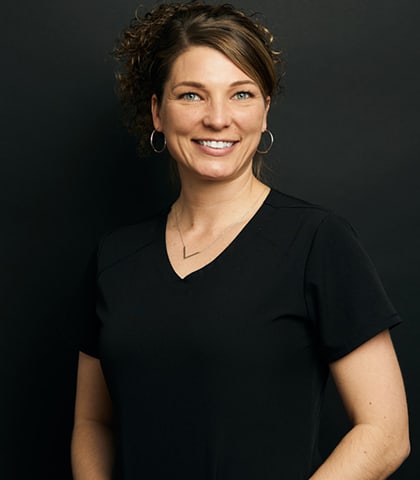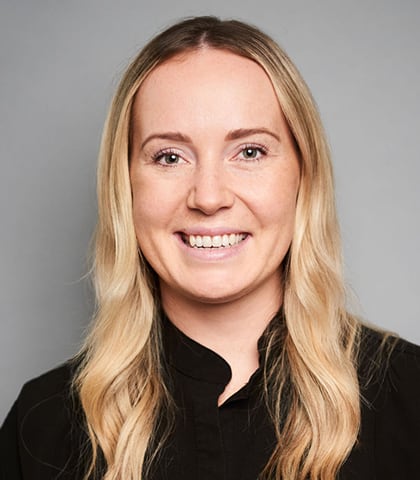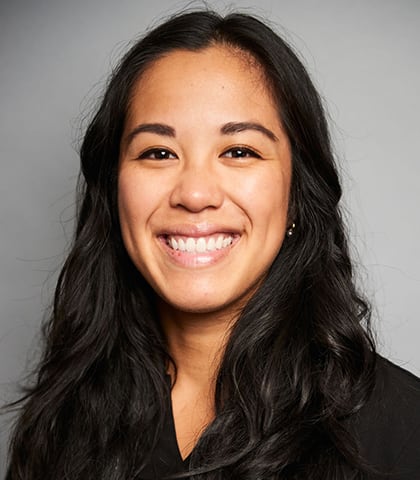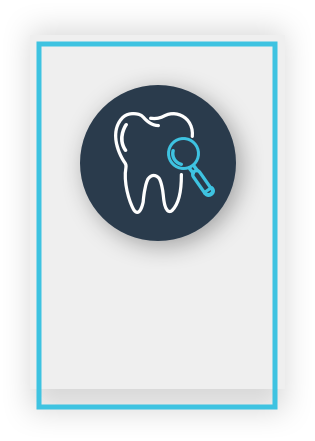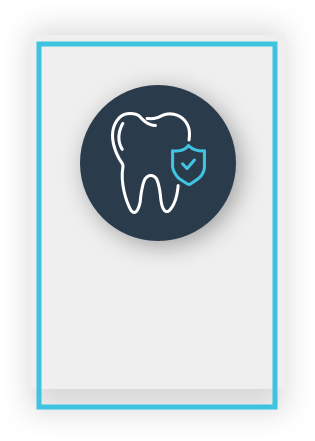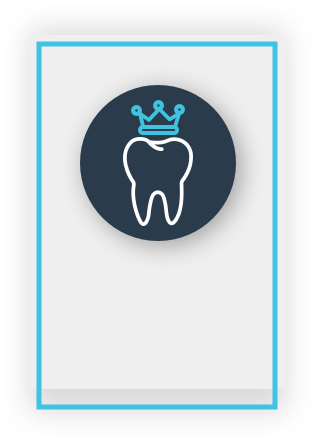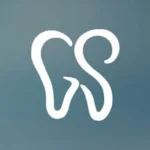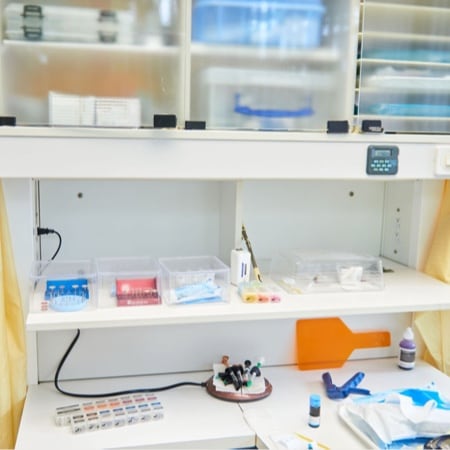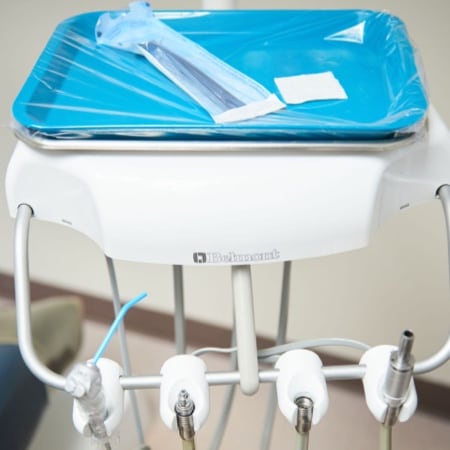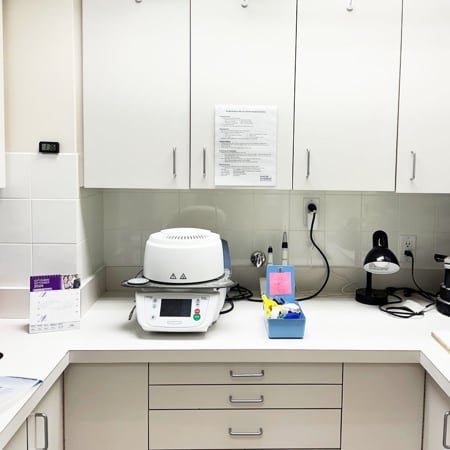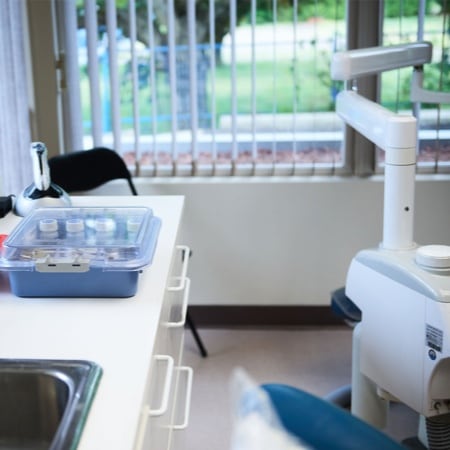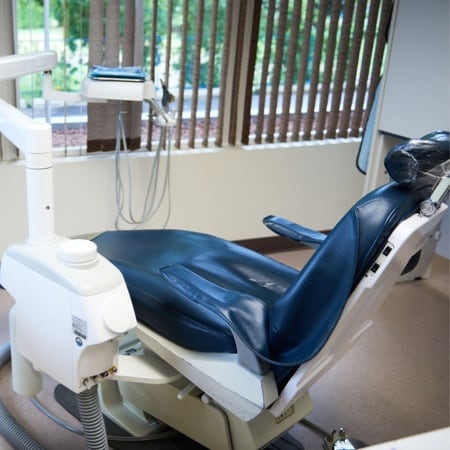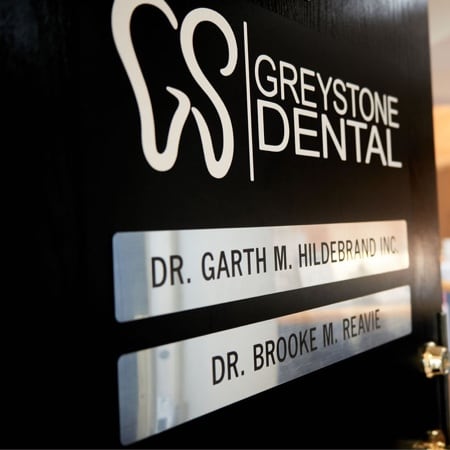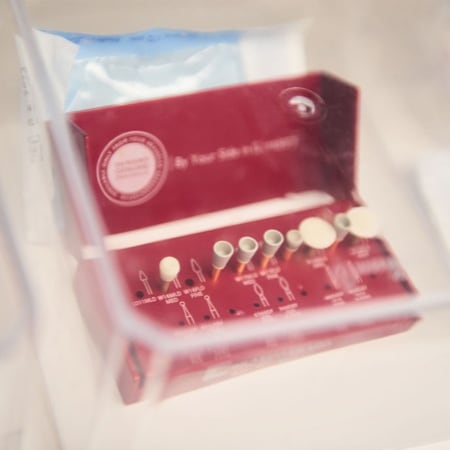Dental Care for You & Your Loved Ones
Our team at Greystone Dental in Chilliwack is here for you. We know how important healthy smiles are for the whole family, so we offer a wide range of dental services.
We prioritize preventive care, from your child’s first checkup to your own routine care and specialized needs. We offer restorative dentistry, teeth whitening, and even neuromodulator treatments to address fine lines, migraines, and TMJ pain.
We understand family life is busy, so we offer flexible scheduling and a comfortable atmosphere. Our friendly and compassionate staff strives to make your dental visit a positive one!
Contact our family-friendly dental team in Chilliwack today to schedule your appointment to learn the Greystone Dental difference.
Request Appointment
Our Core Values
Delivering Quality
First and foremost, we are focused on results. Dr. Hildebrand and Dr. Reavie are focused on providing quality dental care tailored to your specific individual needs. Our years of education and experience have given us the training to work at a high level. Our training, combined with our focus and attention to detail, enables us to provide personalized treatment for our patients.
Patient Education
We know we can do our job only when our patients feel comfortable with us and our services. To maintain a high level of trust, we carry out an open dialogue with our patients, keeping them in the loop on what procedures we are doing and why. By educating patients on all the various options available, Dr. Hildebrand and Dr. Reavie can create a treatment plan that suits their unique needs.
Commitment to Service
We know that many patients are often uncomfortable when visiting the dentist. We aim to create an atmosphere of comfort and care for your dental treatment. In order to do so, we have created a warm and relaxed atmosphere at our Chilliwack office. Additionally, our friendly staff are committed to helping you feel at ease during your visit.
Staying Current
When choosing a dentist in Chilliwack, it is important to ensure they stay current with new procedures and technology as the dental industry evolves. Our dentists and hygienists stay current by attending lectures and conferences and reading industry literature. Our commitment to innovation helps us provide our patients with the most up-to-date information and treatment options. Additionally, we offer up-to-date dental technology at our office.
Payment Plans at Greystone Dental
At Greystone Dental, we believe everyone deserves a healthy smile. That’s why we’re committed to providing flexible payment options to fit your budget and make your dental care affordable.
Our team is happy to work with most major dental insurance plans. We’ll handle the claim filing process for you. For out-of-pocket expenses or treatments not covered by insurance, we offer several convenient payment methods:
- Debit and Credit Cards: We accept all major debit and credit cards for your convenience.
- Humm for Dental Care: Spread the cost of your treatment over time with Humm, a popular buy-now, pay-later option. Humm lets you split the treatment cost into smaller, manageable monthly payments, making budgeting for dental care easier.
Our team is happy to discuss your specific situation and answer any questions you may have about our payment plans.
Making Dental Care More Accessible
At Greystone Dental, we’re excited to support the Canadian Dental Care Plan, a government initiative to make dental care more accessible and affordable for Canadians.
This plan provides financial assistance to eligible individuals and families so that you can maintain good oral health without the burden of high costs. Whether you need routine check-ups, fillings, or more extensive dental work, the Canadian Dental Care Plan helps cover the expenses, making it easier for you to receive the quality care you deserve.
Frequently Asked Questions
General
Yes, we are currently welcoming new patients of all ages to our practice. Contact us today to schedule your first appointment!
Yes, there is free street parking right out front, wheelchair-accessible parking at the back of the building and a paid parking lot ($1.75 per hour) located on the corner of Mary Street and Menholm Road.
Insurance
Yes, we are an assignment office, which means that the office will submit most insurance claims electronically to the insurance company, and payment for dental services is sent directly to Greystone Dental. Any fees not paid by the insurance company will be immediately collected from the patient following treatment. A dental insurance plan is a contract between the policyholder and the insurance company; however, we try to assist patients when possible in navigating their insurance plans.
We follow the suggested fee guide outlined by the British Columbia Dental Association.
Preventive Dentistry
A schedule for teeth cleaning and dental health maintenance should be established after a complete dental examination, including radiographs. Most people should have their teeth professionally cleaned by a dentist or dental hygienist every 6 months. However, some people may need more frequent visits to keep their teeth and gums healthy.
Brushing a minimum of 2 times daily for at least 2 minutes is what we recommend.
Dental radiographs allow the dentist to see what is happening inside the teeth and under the gum tissues. X-rays allow us to examine for cavities, periodontal disease, bone loss, infections, tooth formation and growth, and normal tooth eruption patterns.
Dental check-up radiographs or bitewing x-rays are taken approximately once a year. Every patient is unique, so the dentist will establish the frequency of radiographs based on the individual patient’s specific needs.
Greystone Dental uses only digital radiographs, which emit approximately one-tenth the radiation as conventional radiographs.
Flossing is recommended to remove plaque between the teeth, a space not reached by tooth brushing alone. Plaque between teeth causes cavities and contributes to gingivitis and gum disease.
Pediatrics
It is recommended that children have a dental exam approximately 6 months after the eruption of their first tooth or around 12 months old, whichever comes first.
Yes! Kids need to floss just as much as adults: every day, once a day, at least.
Children usually lose their first lower front incisor between the ages of 4.5 to 7 years old. The 6-year-old molars usually erupt behind the baby molars around the same time as losing the first baby tooth.
Toothpaste with fluoride strengthens the enamel of the teeth, thus decreasing the likelihood of bacteria that can cause tooth decay.
Yes. Dental decay can occur as soon as children have teeth. Because dental decay progresses faster in children, it is recommended that X-rays be taken regularly as prescribed by the dentist.
For children from birth to 3 years of age, the use of fluoridated toothpaste is determined by the level of risk of tooth decay. Parents should consult a health professional to determine whether their child up to 3 years of age is at risk of developing tooth decay. If such a risk exists, the child’s teeth should be brushed by an adult using a minimal amount (a portion the size of a grain of rice) of fluoridated toothpaste. The use of fluoridated toothpaste in a small amount has been determined to balance the benefits of fluoride and the risk of developing fluorosis. If the child is not considered at risk, the teeth should be brushed by an adult using a toothbrush moistened only with water.
Only a small amount of fluoridated toothpaste should be used for children from 3 to 6 years of age (a portion the size of a green pea). An adult should assist children in this age group in brushing their teeth.
Sealants are a protective coating placed onto the grooves of permanent teeth to prevent cavities from starting. Usually, they are placed after the complete eruption of the permanent molars.
The first dental visit at Greystone Dental will be fun! Their first dental visit will familiarize the child with the dental setting and will always end with a new toothbrush and a prize. Oral hygiene and diet instructions will be discussed. Also, it is a great time to ask any questions you may have about your child and their teeth.
Yes! Children usually need assistance with brushing until approximately 8 years old.
Kids can see an orthodontist as early as 7 to 8 years old for assessment. The dentist will recommend a good time for a consultation with an orthodontist. Generally, orthodontics are started once all adult teeth are present, around 12 to 14 years old.
General Dentistry
A comprehensive oral exam is needed to evaluate and diagnose all dentition conditions and surrounding oral cavity conditions. A new patient exam includes diagnostic X-rays to check for tooth decay, an evaluation of the supporting bone around the teeth, an oral cancer screening, and a gum evaluation. At the end of the exam, the dentist will discuss all the findings and show the patient the X-rays. The patient is also encouraged to ask questions and discuss any concerns.
A crown is placed when a tooth is broken or decayed to such an extent that a filling cannot repair the problem. A crown can provide a protective shell around the damaged or decayed tooth to strengthen and improve its appearance. Crowns restore teeth to their original shape and are commonly placed on broken teeth. While crowns can be made from different materials (e.g., gold, zirconia), patients tend to prefer crowns that have porcelain, which closely resembles natural tooth structure.
Dental veneers are thin, custom-made shells that cover the front surface of your tooth to improve appearance. They are made of tooth-coloured materials and can be used to improve the colour of teeth that have been worn down or stained. Alternatively, they can be used to improve the shape or size of teeth.
A night guard is a custom-made, thin acrylic appliance that, when worn, protects teeth from damage caused by grinding or clenching. It can also help ease headache symptoms associated with teeth grinding and clenching.
A root canal is a treatment needed to remove diseased or injured nerve tissue from a tooth. This procedure is indicated for several reasons, including severe tooth decay, deep fillings, a cracked tooth, or trauma. At Greystone Dental, the dentist will completely anesthetize the affected tooth and surrounding tissues to ensure comfort during the procedure.
Dental bonding is a restoration procedure in which tooth-coloured composite resin is bonded to a tooth and cured with high-intensity blue light. Bonding composite is fast and works well to make small cosmetic improvements to your teeth. Dental bonding also works well to cover exposed root surfaces that are sensitive to cold. The composite resin acts as a barrier and reduces or eliminates the sensitivity.
Moderation is key; occasional teeth whitening is not usually problematic but the tooth’s enamel or root structure can be damaged if used too frequently. Your dentist will suggest an appropriate whitening schedule.
Greystone Dental uses a composite resin material that is white or “tooth-coloured” in appearance.
A dental bridge fills the space created by a missing tooth or teeth. A space or spaces between your teeth can cause your teeth to shift, resulting in a change in your bite. Dental bridges help alleviate this problem by replacing missing teeth and thus eliminating changes in your bite due to unwanted tooth movement. Crowns are placed over the teeth on either side of the missing tooth space. A pontic (false tooth) is fused between the two crowns to replace the missing tooth. Dental bridges are permanently bonded to the teeth, and patients learn to clean under the pontic tooth using dental floss.
Teeth whitening is a process where the tooth structure is lightened in colour by placing solution onto the tooth. Most stains and discoloration can be removed with whitening. However, a dentist should complete an examination to evaluate the teeth before starting a whitening regime. Whitening can be completed in-office or at home using whitening strips.
A filling is a procedure where decay is removed from the tooth, and a restoration or filling is placed to restore and replace the missing tooth structure. The filling is contoured to ensure proper function and esthetics of the tooth for integration into the existing dentition. The dentist will use the appropriate and indicated local anesthetic to ensure comfort during the procedure.
An implant is a titanium post, similar to the root of a tooth, that is surgically placed into the jawbone. The implant then supports a crown, which replaces a single tooth, or a bridge or denture, which replaces several teeth.
Routine dental cleanings are important to maintaining good oral hygiene. Professional cleanings by a hygienist can remove mineralized plaque that develops even with careful brushing and flossing, particularly in difficult-to-reach areas. After your initial cleaning, the frequency of your cleaning appointments will be determined based on the individual patients’ needs to keep their gums healthy. The cleaning frequencies can vary from every three months.
It is recommended that participants in certain sports, especially contact sports, wear a mouthguard. The mouth guard can minimize the risk of fractured teeth, cut lips, and damage to the mouth. When worn as directed, it can also reduce the occurrence of concussions.
Injectables
Dysport is a neuromodulator (a form of botulinum toxin type A) injected into targeted treatment areas using an ultra-fine needle. The repetitious contraction of facial muscles causes expression lines and wrinkles. Dysport–and other neuromodulators–work by blocking the nerve signals needed for facial muscles to contract, relaxing the muscles and helping to reduce wrinkles for smoother skin.
Dysport treatments are quick and minimally uncomfortable. They require no anesthesia and minimal to no recovery time. Many people get Dysport during their lunch hours and are able to return to work right after their appointment.
Yes, the injectables we use like Dysport, are FDA-approved treatments for fine lines and wrinkles. However, patients who are pregnant, breastfeeding, or have certain neurological diseases should not receive Dysport treatments.
The procedure itself generally takes 10 to 20 minutes. However, your appointment will take about 30 to 45 minutes. A set of photos will be taken, and Dr. Hildebrand will do a thorough examination to plan the treatment and ensure the patient is fully aware of the cost before starting. We ask that patients return two weeks later for a set of after photos.
Dysport results typically last 3 to 5 months from the date of injection. Over time, the body metabolizes the Dysport, leading to the slow return of muscle movement in the treatment area. Patients can choose to maintain their Dysport results for longer periods by undergoing periodic maintenance treatments every 3 to 4 months.
We use a product called Dysport. Botox and Dysport are both neuromodulators or neurotoxins (forms of botulinum toxin type A) that the FDA has approved for minimizing fine lines and wrinkles. The minimally invasive injectables are equally safe and work via the same mechanism. Both are neuromodulators that temporarily paralyze facial muscles, helping to reduce wrinkles and smooth skin.
Some patients may wonder if they are ‘too young’ or ‘too old’ to try injectable treatments. There is no right or wrong age to start using Dysport . Patients should be evaluated and receive a medical professional consultation before treatment. Many millennials are starting to use Dysport in their twenties when they first start to notice lines and wrinkles or as a preventative measure.
Dysport can be used to address lines and wrinkles in several different facial areas. Dr. Hildebrand currently only treats forehead lines, frown lines, and crow’s feet. Dysport can also be injected into the jaw muscles to help alleviate pain from teeth grinding, TMJ, or headaches and migraines.
While each patient’s experience may differ, the effects of Dysport usually take 3 to 5 days to see. Some may not see the full results for up to 2 weeks.
Dysport and Botox are both made from botulinum toxin type A. All botulinum toxins have the same mechanism of action: they block the release of acetylcholine (ACh) and prevent the muscles from contracting to maintain the aesthetic effect.
Our Dental Services

Affordable & Accessible Dental Care for You & Your Family

Come Visit Us!
Stop by our office and call or email to request an appointment. We’re located in Suite 102 in the Greystone Centre on Mary St. You can find our dental clinic less than a block south of the Chilliwack General Hospital, and half a block north of Saint Mary’s Church. Our friendly staff are looking forward to welcoming you to our dental office!
Our Address
- #102 – 8980 Mary Street
- Chilliwack, BC V2P4J3
Contact Information
- Phone: 604-793-1966
- Email: reception@greystonedentistry.ca


